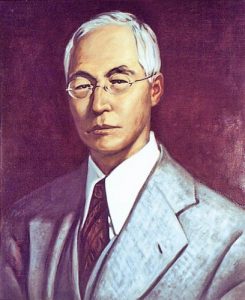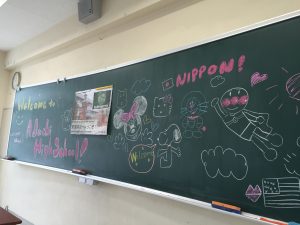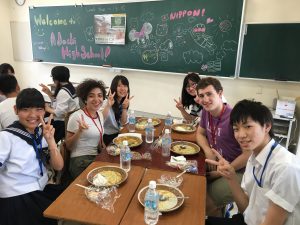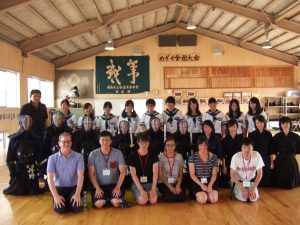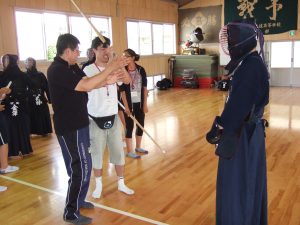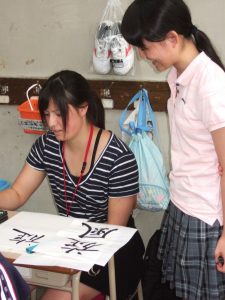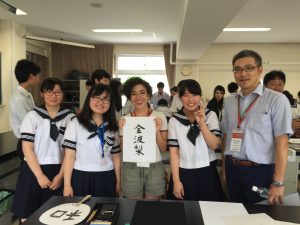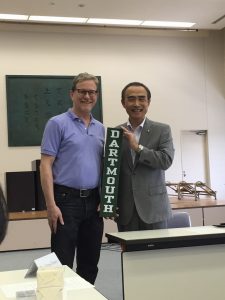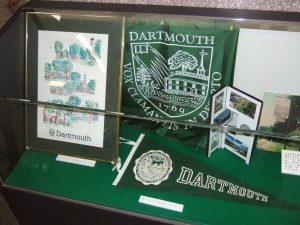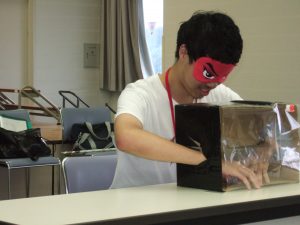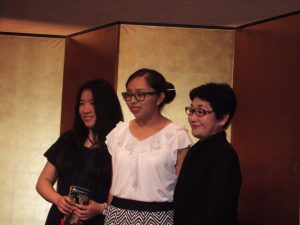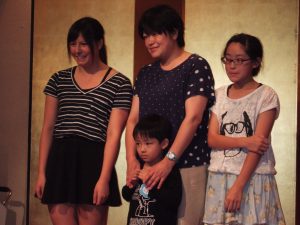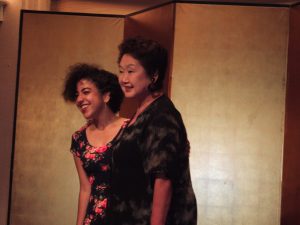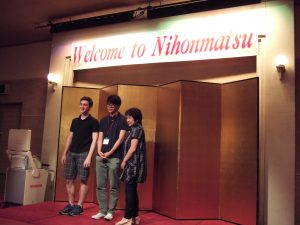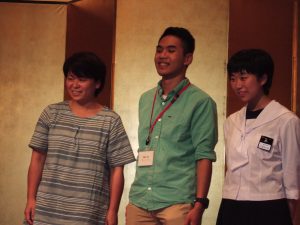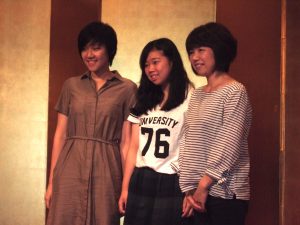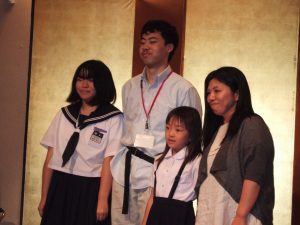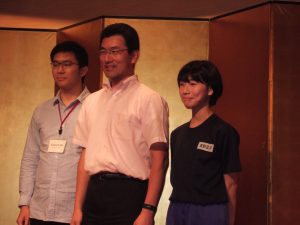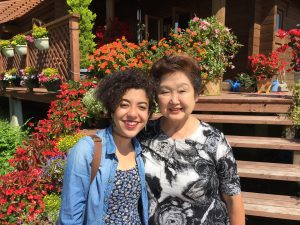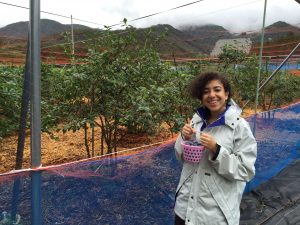07.08.16 – 07.10.16
Today marks the start of our visit to Nihonmatsu, which is located within Fukushima prefecture. Nihonmatsu also happens to be Hanover’s sister city!
Nihonmatsu is a special place for Dartmouth students, as it is the birthplace of the first Japanese national to graduate from Dartmouth: Kan’ichi Asakawa. Asakawa-sensei (Class of 1899) would later become a renowned scholar in the field of Asian studies. He was also an influential activist, and was respected as an advocate for peaceful U.S.-Japan relations.
Kan'ichi Asakawa
Dartmouth students on the LSA visit Nihonmatsu every year to pay their respects to Asakawa-sensei, and to serve as a bridge between Hanover and Nihonmatsu. The citizens of Nihonmatsu are kind enough to welcome the Dartmouth LSA every year, and even serve as homestay families for the students during their short stay. I am happy to report that our trip this year was another success!
On Friday morning, we gathered at Tokyo Station and hopped onto the shinkansen (bullet train) headed towards Nihonmatsu. We arrived at Koriyama Station, where we were greeted by officials from Nihonmatsu’s city hall. We then hopped onto a tour bus headed for Asaka High School. This school was Asakawa-sensei’s alma mater, and has buildings preserved from the Meiji Period. At Asaka High School, we spoke to some staff and students, and toured the wonderfully preserved schoolhouse. We were also able to peruse scholarly works written by Asakawa-sensei himself.
Next, we visited Adachi High School. At Adachi High, we ate curry rice with some of the students. We also had the opportunity to speak to the students in a kind of round-table fashion: the Dartmouth students tried their best to speak to the students in English, as a form of conversation practice. After lunch, the Dartmouth students were able to participate in a calligraphy class and a crash course in kendo.
The welcome message written by students at Adachi High
Eating curry rice with the students!
Kendo
Calligraphy
After saying goodbye to the students (all of them followed us to the bus!), we hopped over to city hall. We met the charismatic mayor of Nihonmatsu, who welcomed us to his city. Each of us did a self-introduction in Japanese (some reporters stood by wielding notepads), and afterwards we visited the grave of Asakawa-sensei and his wife to pay our respects. After this, Patrick was interviewed by a Nihonmatsu reporter.
Dorsey-sensei presenting the Mayor of Nihonmatsu with a gift from Dartmouth!
The Dartmouth memorabilia already on display in Nihonmatsu's city hall
We returned back to city hall, where we were introduced to some Nihonmatsu students who will be taking part in a short exchange in Hanover during the summer. The students had created some games for Hanover residents; we played the games and offered them feedback. All in all, we had so much fun!
Tong playing one of the games
We headed to a local hotel for the Dartmouth-Nihonmatsu reception. At this reception, Dartmouth students were introduced to their Nihonmatsu homestay families. Each student stepped on a miniature stage when their name was called, and their respective homestay family approached the stage and posed for a commemorative photo. We all ate a delicious dinner, and went home with our families.
Dartmouth students meeting their homestays
The next day was spent with our homestay families. My homestay mother was an older woman who also happens to be a reigning karaoke champion. Our day was spent driving around Fukushima while listening to Bessie Smith tunes, going blueberry picking, and eating delicious food. I also had the pleasure of singing karaoke with her!
Spending Saturday with my host mom
On Sunday, we all met at Nihonmatsu station for the first leg of our journey back to Tokyo. One official from city hall showed us a page of the local newspaper that featured our visit to Nihonmatsu! We’re technically local celebrities.
We all said a teary goodbye to our homestays, and hopped onto the train to Koriyama. We then hopped on the shinkansen, and made it to Tokyo by lunchtime. Some of us decided to go sightseeing in Tokyo before heading back to our Chiba homestays.
Although our trip to Nihonmatsu was short, it left a lasting impression on all of us. We were incredibly touched by the warmth, hospitality, and kindness of the citizens of Nihonmatsu. Most importantly, we were inspired to follow Asakawa-sensei’s example: we, as students of his alma mater and students of Japanese studies at Dartmouth, realized that we have the ability to serve as a bridge between the States and Japan. All in all, it was incredibly inspiring to see the wonderful impact Asakawa-sensei has left in academia and US-Japan relations.
